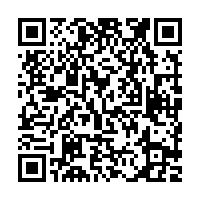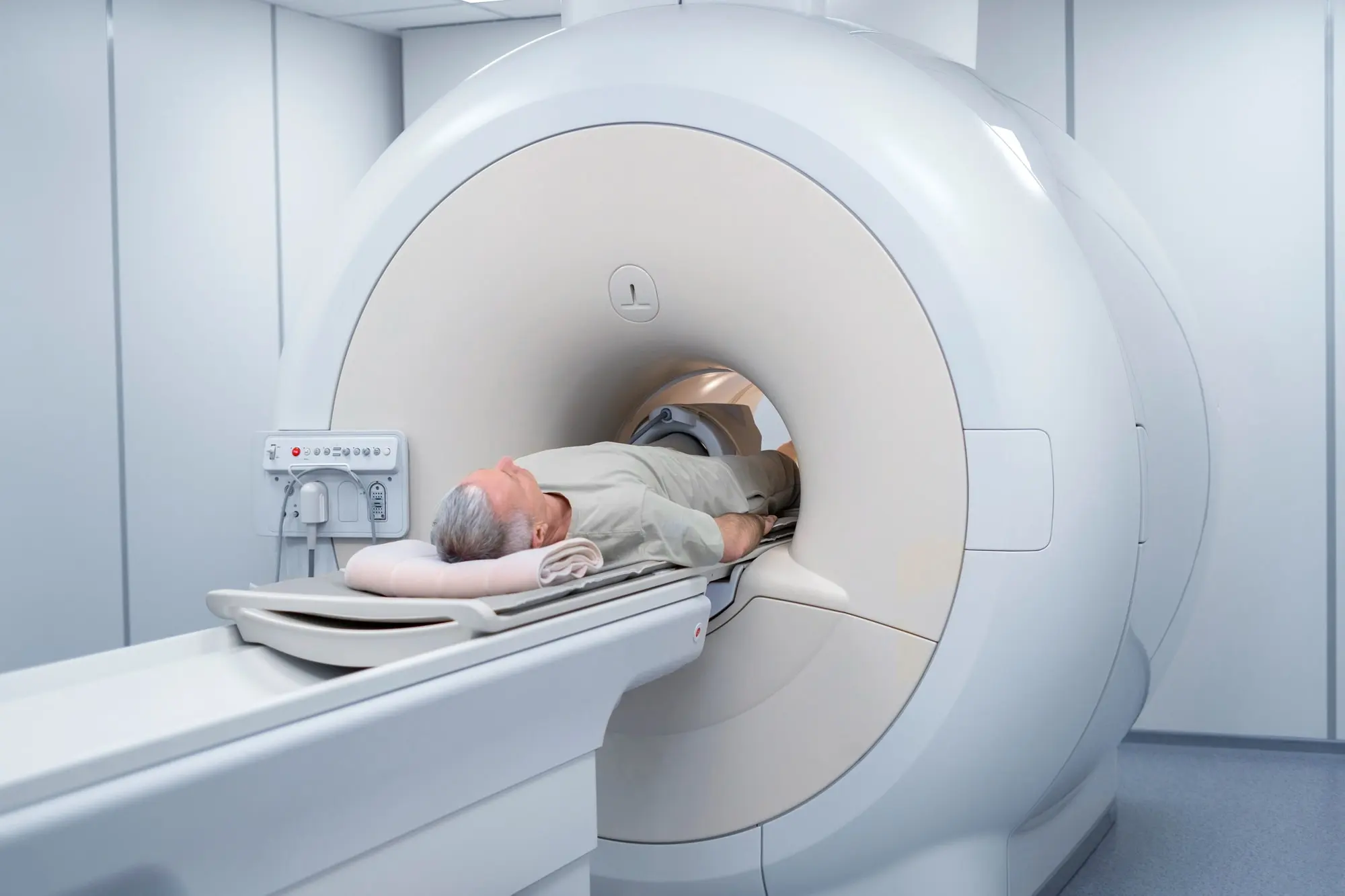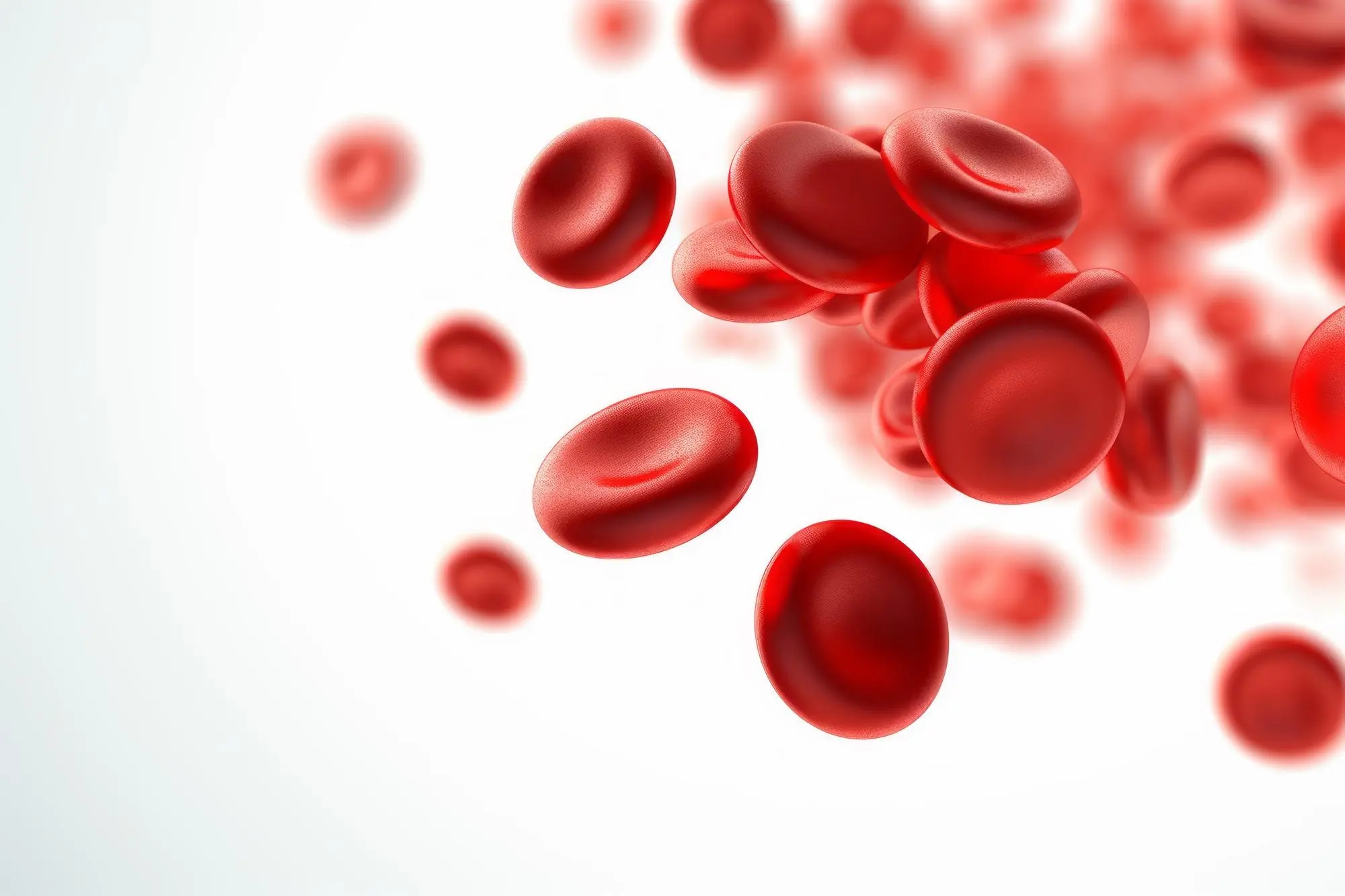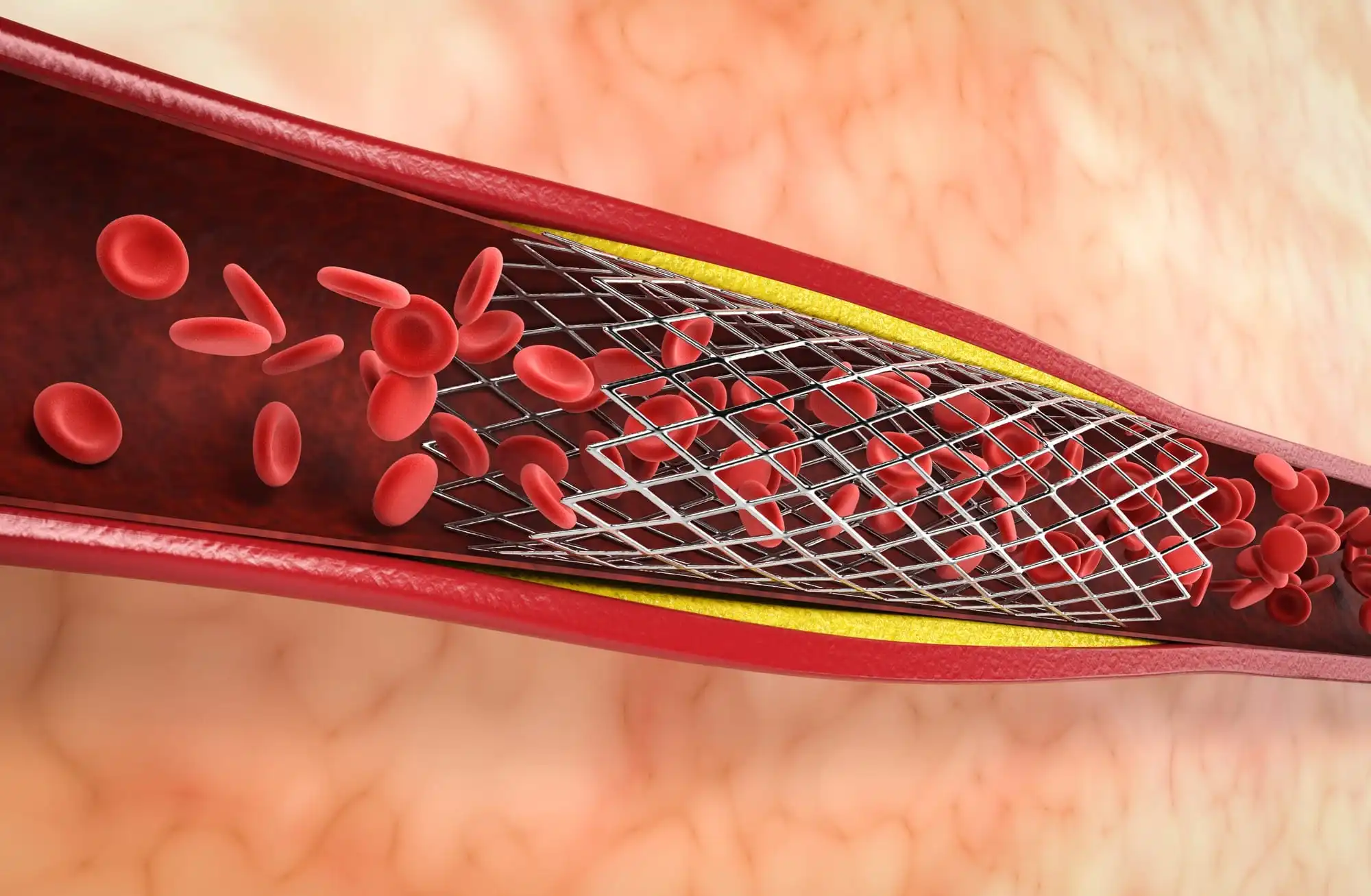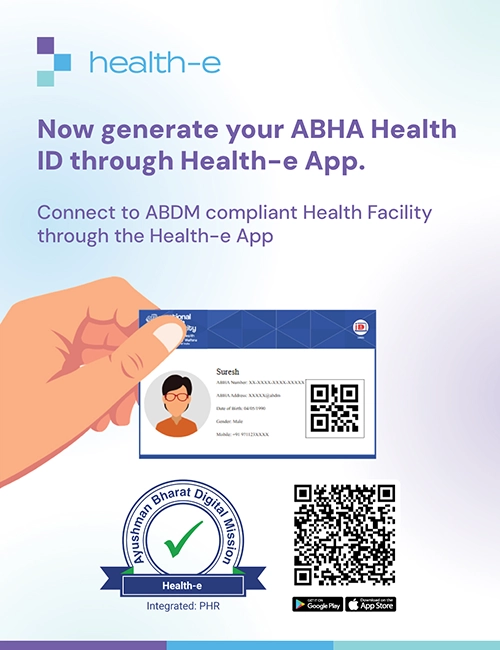What is the MRCP Test/Scan?
MRCP, short for magnetic resonance cholangiopancreatography, is a special kind of imaging test that helps doctors see inside certain organs in your belly without needing to do surgery. It shows details of your pancreas, gallbladder, and liver, along with their ducts or tubes.
Compared to another test called ERCP, MRCP is less invasive, which means it’s gentler on your body. Doctors use MRCP to find out if you have issues like gallstones or pancreatitis. They can also use it to check for problems in a baby before it’s born and to see if there are any complications after surgery.
The cost of an MRCP test can vary depending on where you get it done, the quality of the machine used, and the reputation of the medical centre. It usually falls somewhere between Rs. 3000 to Rs. 8000. This blog will cover everything you need to know about MRCP, including how it’s done, what affects its price, and more.
Advantages of MRCP
Magnetic resonance cholangiopancreatography (MRCP) offers several advantages over other imaging techniques, making it a preferred choice for many patients:
- Non-invasive:MRCP avoids the need for needles, incisions, or any other form of physical intrusion into the body. This translates to a painless experience compared to more invasive procedures.
- Radiation-Free:Unlike X-rays and CT scans, which utilise ionising radiation, MRCP does not expose the patient to potentially harmful radiation. This benefit is particularly significant for pregnant women, children, and individuals who may require frequent imaging studies.
When Might You Need an MRCP?
Your doctor may order an MRCP if you are experiencing symptoms such as:
- Abdominal pain, especially in the upper right abdomen
- Yellowing of your skin and eyes (jaundice)
- Dark urine
- Light-colored stools
- Fever
- Nausea and vomiting
An MRCP may also be recommended if you have a history of certain conditions, such as pancreatitis or gallstones, or if you are having a procedure on your bile ducts or pancreas.
MRCP is a safe and painless procedure that does not involve any radiation. However, it is important to tell your doctor if you have any claustrophobia or metal implants in your body, as these may make the procedure difficult or impossible.
MRCP Test Price in Various Indian Cities
T3 Tests
Thyroid Test Price in India
| CITY | INDICATIVE PRICE RANGE (INR) |
|---|---|
| Delhi | ₹3000 - ₹7,500 |
| Hyderabad | ₹4,500 - ₹6,500 |
| Bangalore | ₹4,500 - ₹5,250 |
| Mumbai | ₹4,050 - ₹5,250 |
| Chennai | ₹4,500 - ₹6,200 |
| Kolkata | ₹4,050 - ₹5,000 |
| Gurgaon | ₹4,050 - ₹7,200 |
Factors Affecting the Cost of MRCP Test
-
Location:
The price of a test might change depending on where you are – like the city or region.
-
Hospital/Imaging Centre:
The cost can be different based on the place’s reputation, the quality of equipment they use, and how good their facilities are.
-
Type of Facility:
Prices may vary if you go to a government-run hospital, a private hospital, or a standalone imaging centre.
-
Inclusion of Contrast Agent:
Using special contrast agents in the test can make the overall cost go up.
-
Additional Services:
Things like fees for the radiologist, consultation charges, and other services can add to the total cost.
-
Health Insurance Coverage:
If you have health insurance, it can change how much you pay out of your own pocket for the test.
-
Negotiation:
Some facilities may offer discounts or negotiate prices, especially if you’re paying without insurance.
The Procedure for the MRCP Scan
Before the scan:
- The radiographer will explain the procedure to you and answer any questions you have.
- You’ll lie down on a comfortable table and may be secured with straps to minimise movement during the scan. This is important to get clear pictures.
- Since the MRI scanner is quite loud, you’ll be provided with headphones to help reduce noise and make the experience more comfortable.
During the scan:
- If you feel claustrophobic or anxious about the enclosed space within the scanner, let the staff know beforehand. They might be able to offer techniques or accommodations to help ease your anxiety.
- The radiographer will be monitoring you from a separate room but will be able to communicate with you through a microphone and speaker system if needed.
Interpreting MRCP Results
Your MRCP test results are carefully examined by a radiologist to detect any irregularities. MRCP scanning is a safe diagnostic method with minimal associated risks. While uncommon, potential side effects may include discomfort at the injection site, as well as sensations of dizziness, headache, or nausea.
Stay on top of your health journey! Download Health-e today to effortlessly track your test results and carry them with you to your medical appointments. Let’s prioritise your well-being together.
Closing Thoughts
Frequently Asked Questions (FAQs):
1. What’s the Difference Between MRCP and ERCP?
MRCP can serve as an alternative to ERCP (endoscopic retrograde cholangiopancreatogram), an invasive procedure utilising dyes and X-ray imaging to capture photos of the pancreatic duct, pancreas and bile ducts.
The primary distinctions between MRCP and ERCP lie in the less invasive nature of MRCP, reduced procedural time, and absence of radiation exposure, making it a safer option.
2. Is The Magnetic Field Harmful to the Patient?
3. What’s the Difference Between an MRCP and an MRI?
4. How Long Does an MRCP Test Take?
5. Can Anyone Get the MRCP Test done?
6. How Accurate is an MRCP Test?
7. What Are the Advantages of the MRCP and ERCP Scans?
Advantages of an MRCP Scan:
- Non-invasive Procedure: MRCP scans carry minimal risk of side effects or complications since they do not involve invasive techniques.
- Efficiency: MRCP scans are quick and straightforward.
- Safety: MRCP scans do not expose patients to radiation, making them safe for pregnant women and children.
Advantages of an ERCP Scan
- Timely Surgical Intervention: ERCP allows for immediate surgical procedures if necessary.
- Cost-Effectiveness: It is a relatively cost-effective diagnostic process.
- Patient Comfort: ERCP is a preferred option for individuals who experience claustrophobia, as it does not involve enclosed spaces typically associated with other imaging techniques.
